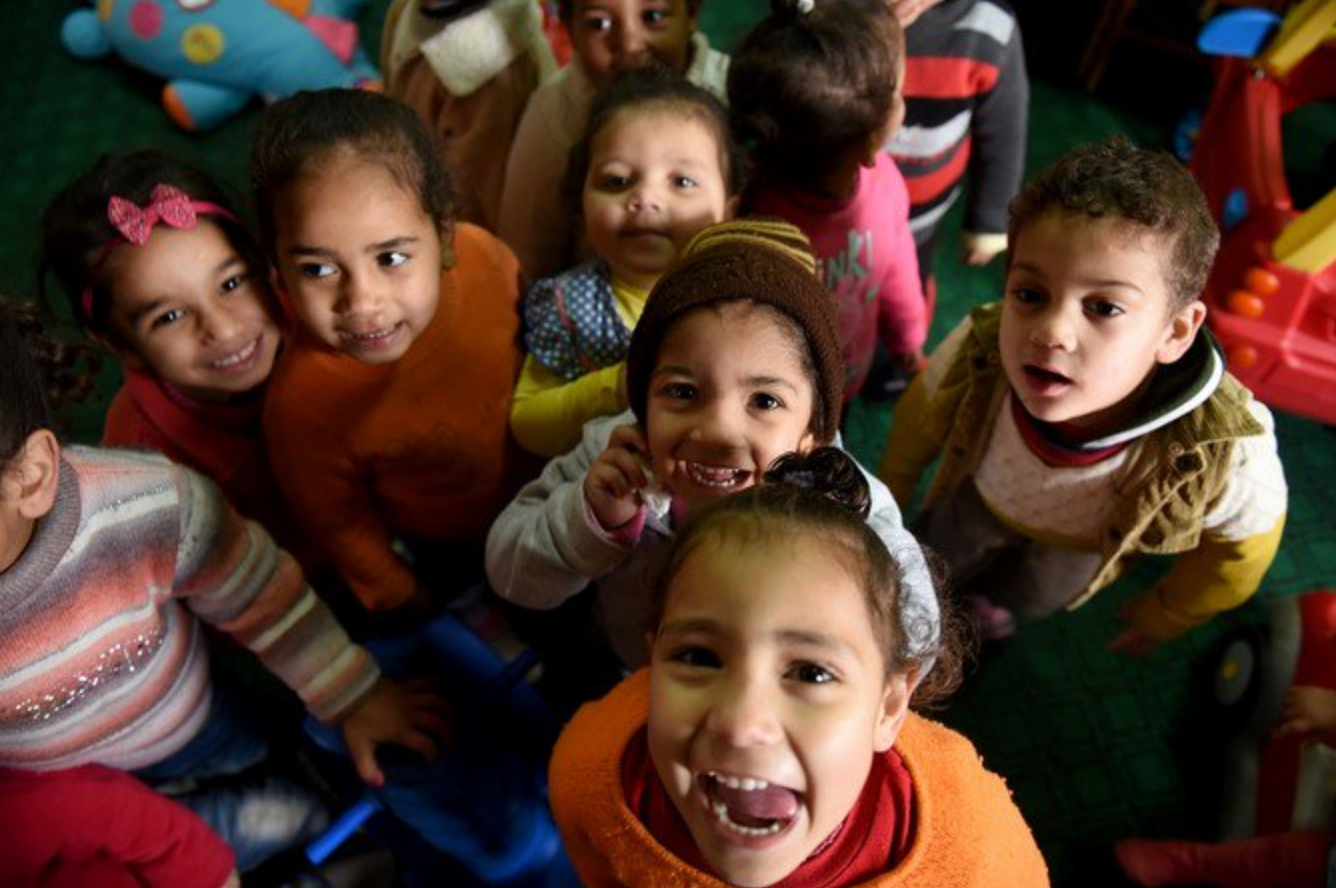Egypt’s birth rate drops as economic pressure mounts
Sherif
El-Touny, Arab News, June 10, 2018
Egypt
recorded 26.8 births per 1000 people in 2017 compared to 28.6 in 2016. According
to the 2017 census, there are now 104 million people, meaning Egypt ranks 13th
worldwide in terms of population
recorded 26.8 births per 1000 people in 2017 compared to 28.6 in 2016. According
to the 2017 census, there are now 104 million people, meaning Egypt ranks 13th
worldwide in terms of population
 |
| For Egypt’s government and civil society groups, tackling the growing problem of street children is proving difficult. (AFP) |
CAIRO:
Egypt has claimed a victory in the battle to reduce population growth but
experts say a drop in the birth rate reflects the country’s economic woes
rather than an effective government policy.
Egypt has claimed a victory in the battle to reduce population growth but
experts say a drop in the birth rate reflects the country’s economic woes
rather than an effective government policy.
Egypt recorded 26.8 births per 1000 people in 2017 compared to 28.6 in 2016,
according to an annual report by the Central Agency for Public Mobilization and Statistics (CAPMAS).
according to an annual report by the Central Agency for Public Mobilization and Statistics (CAPMAS).
The government has been focused on reducing birth rates as part of its 2030
development plan to reduce health and educations costs.
development plan to reduce health and educations costs.
“The population strategy we built aims to reach 112 million Egyptians in 2030
instead of 128 million, which will save around 200 billion (Egyptian) pounds
within the period of 2017-2030 — specifically in insurance, health and
education,” said Tarek Tawfik, the deputy health minister.
instead of 128 million, which will save around 200 billion (Egyptian) pounds
within the period of 2017-2030 — specifically in insurance, health and
education,” said Tarek Tawfik, the deputy health minister.
Mohamed Sherif, a Cairo-based economic analyst, told Arab News that the reduced
rates were down to the harsh economic conditions faced by Egyptians rather than
government strategy.
rates were down to the harsh economic conditions faced by Egyptians rather than
government strategy.
“The
Egyptian pound devaluation and the continuous rise in prices is the main
driver,” he said.
Egyptian pound devaluation and the continuous rise in prices is the main
driver,” he said.
He added that studies have shown that higher living costs lead to a drop in
birth rates.
birth rates.
“Lower marriage rates and fear of burden surely affects the birth rates, he
said.
Last week, the Ministry of Social Solidarity launched a campaign urging
Egyptian families to limit the number of children they have.
said.
Last week, the Ministry of Social Solidarity launched a campaign urging
Egyptian families to limit the number of children they have.
The “Two is enough” program aims to change people’s perception in rural areas
that having small families through birth control is religiously forbidden, said
Rania Fares, the ministry’s program coordinator. She said they aimed to reduce
the number of children per family to 2.4 in rural areas.
that having small families through birth control is religiously forbidden, said
Rania Fares, the ministry’s program coordinator. She said they aimed to reduce
the number of children per family to 2.4 in rural areas.
“The importance of spacing child births will be stressed and suitable birth
control methods will be provided, Fares said.
Egyptians have been suffering particularly due to extreme austerity measures
that have increased water, electricity, fuel and transport prices.
that have increased water, electricity, fuel and transport prices.
With a newborn every 15 seconds, Egypt has one of the highest population growth
rates in the world.
rates in the world.
According to the 2017 census, there are now 104 million people, meaning Egypt
ranks 13th worldwide in terms of population.
ranks 13th worldwide in terms of population.
In February, the Ministry of Health announced that the birth rates in Egypt
have seen a decrease by 4 million babies in the past three years, claiming that
2015 witnessed 6.68 million births.
have seen a decrease by 4 million babies in the past three years, claiming that
2015 witnessed 6.68 million births.
The numbers contradict with the 2015 reports by CAPMAS which claimed there were
only 2.69 million births in 2015.
only 2.69 million births in 2015.


